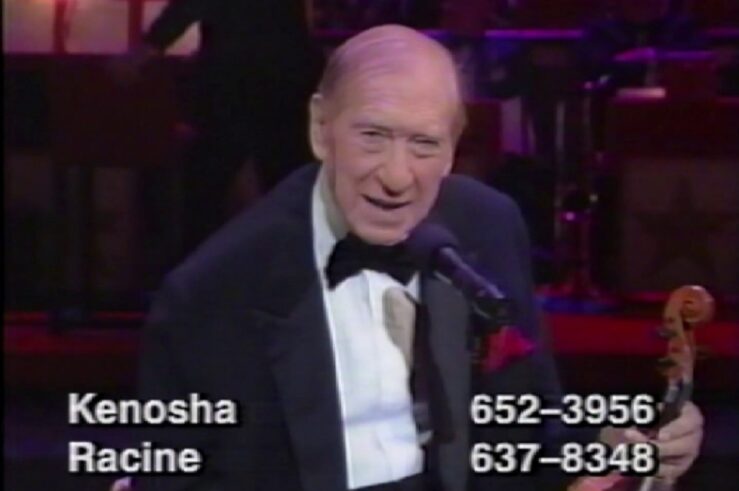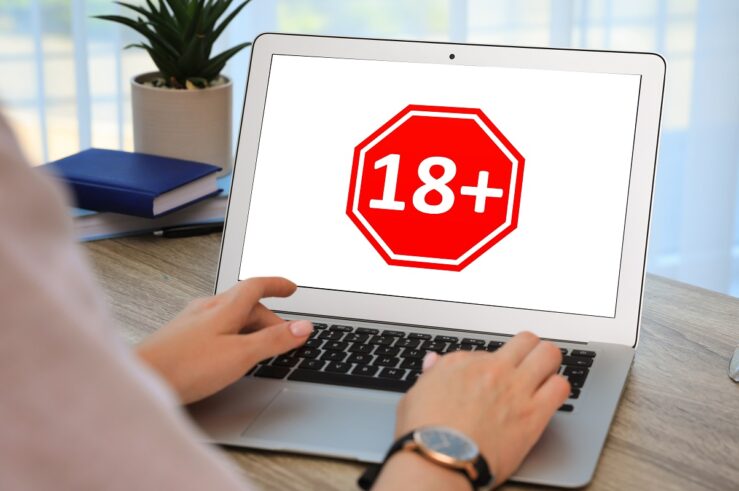Showing results for: “google”
Shining the Light of Economics on the Google Case
The U.S. Justice Department has presented its evidence in the antitrust case alleging that Google unlawfully maintained a monopoly over “general search services” by “lock[ing] up distribution channels” through “exclusionary agreements” with makers and marketers of devices. Google’s agreements with Apple, for example, have made its search engine the default in Apple’s Safari browser. The ... Shining the Light of Economics on the Google Case
What Does NetChoice v. Bonta Mean for KOSA and Other Attempts to Protect Children Online?
With yet another win for NetChoice in the U.S. District Court for the Northern District of California—this time a preliminary injunction granted against California’s Age Appropriate Design Code (AADC)—it is worth asking what this means for the federally proposed Kids Online Safety Act (KOSA) and other laws of similar import that have been considered in ... What Does NetChoice v. Bonta Mean for KOSA and Other Attempts to Protect Children Online?
Antitrust at the Agencies Roundup: Take My Default … Please! Edition
I can hardly believe it, but I’ve read that a famous old bit by Henny Youngman has been purged from Florida textbooks, apparently because it was deemed offensive to those who wrote, told, and laughed at the joke. I won’t tell it here, but you can look it up. And if you’re a reader of ... Antitrust at the Agencies Roundup: Take My Default … Please! Edition
The FTC Tacks Into the Gale, Battening No Hatches: Part 2
Part 1 of this piece can be found here. Emergence of the ‘Neo-Brandeisians’ Thus, matters unfolded until the curtain began to descend on the second Obama term in 2016. In the midst of presidential primary season, a targeted political challenge to the prevailing economic approach to antitrust first came to light. No one has yet ... The FTC Tacks Into the Gale, Battening No Hatches: Part 2
Right to Anonymous Speech, Part 3: Anonymous Speech and Age-Verification Laws
An issue that came up during a terrific panel that I participated in last Thursday—organized by the Federalist Society’s Regulatory Transparency Project—was whether age-verification laws for social-media use infringed on a First Amendment right of either adults or minors to receive speech anonymously. My co-panelist Clare Morell of the Ethics and Public Policy Center put ... Right to Anonymous Speech, Part 3: Anonymous Speech and Age-Verification Laws
South Africa’s Competition Proposal Takes Europe’s DMA Model to the Extreme
The South African Competition Commission (SACC) has proposed changes to the nation’s digital-market regulation that could deal a significant blow to an already struggling South African economy. Ostensibly intended to protect online competition, the SACC’s plan to reshape the business models of “online intermediation platforms” like Google and Booking.com would entail a radical departure from traditional competition regulation. This ... South Africa’s Competition Proposal Takes Europe’s DMA Model to the Extreme
How the Facebook Claim’s Intellectual Foundations Doomed Its Argument
The UK Competition Appeal Tribunal (CAT) recently handed down a judgment refusing to allow “the Facebook Claim”—among the more well-known UK competition-law class-action cases—to proceed to trial. While the case failed to receive the necessary certification, it may yet fight another day, provided that it undergoes, as the CAT put it, a “root and branch ... How the Facebook Claim’s Intellectual Foundations Doomed Its Argument
Twitter v. Taamneh: Intermediary Liability, The First Amendment, and Section 230
After the oral arguments in Twitter v. Taamneh, Geoffrey Manne, Kristian Stout, and I spilled a lot of ink thinking through the law & economics of intermediary liability and how to draw lines when it comes to social-media companies’ responsibility to prevent online harms stemming from illegal conduct on their platforms. With the Supreme Court’s recent decision in Twitter v. Taamneh, ... Twitter v. Taamneh: Intermediary Liability, The First Amendment, and Section 230
UK Blocking of Microsoft-Activision Merger Is Anticompetitive and Anti-Innovation
The United Kingdom’s Competition and Markets Authority (CMA) late last month moved to block Microsoft’s proposed vertical acquisition of Activision Blizzard, a video-game developer that creates and publishes games such as Call of Duty, World of Warcraft, Diablo, and Overwatch. Microsoft summarized this transaction’s substantial benefits to video game players in its January 2022 press release announcing the proposed merger. The ... UK Blocking of Microsoft-Activision Merger Is Anticompetitive and Anti-Innovation
Digital-Market Regulation: One Size Does Not Fit All
Regulators around the globe are scrambling for a silver bullet to “tame” tech companies. Whether it’s the United States, the United Kingdom, Australia, South Africa, or Canada, the animating rationale behind such efforts is that firms like Google, Apple, Meta, and Amazon (GAMA) engage in undesirable market conduct that falls beyond the narrow purview of antitrust law (here and here). To tackle these supposed ... Digital-Market Regulation: One Size Does Not Fit All
Reining in Digital Competition to No Good End: Will AICOA and OAMA Rise from the Grave?
The 117th Congress closed out without a floor vote on either of the major pieces of antitrust legislation introduced in both chambers: the American Innovation and Choice Online Act (AICOA) and the Open Apps Market Act (OAMA). But it was evident at yesterday’s hearing of the Senate Judiciary Committee’s antitrust subcommittee that at least some ... Reining in Digital Competition to No Good End: Will AICOA and OAMA Rise from the Grave?
Twitter v. Taamneh and the Law & Economics of Intermediary Liability
The Senate Judiciary Committee’s Subcommittee on Privacy, Technology, and the Law will host a hearing this afternoon on Gonzalez v. Google, one of two terrorism-related cases currently before the U.S. Supreme Court that implicate Section 230 of the Communications Decency Act of 1996. We’ve written before about how the Court might and should rule in ... Twitter v. Taamneh and the Law & Economics of Intermediary Liability













